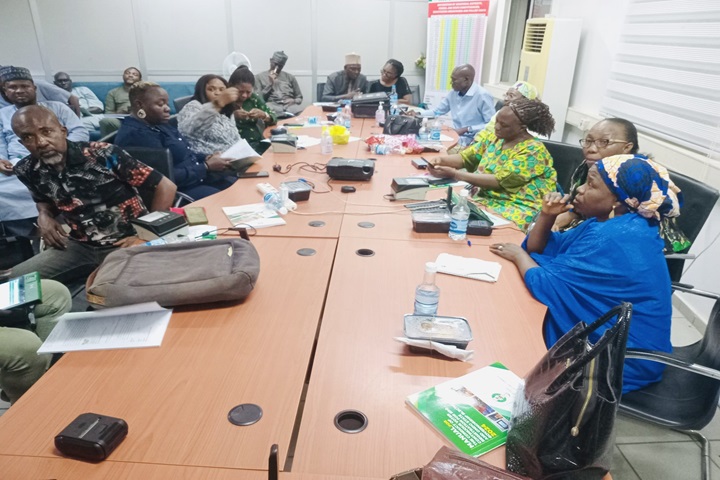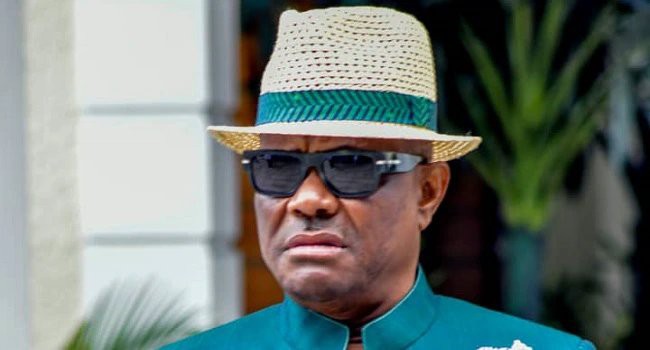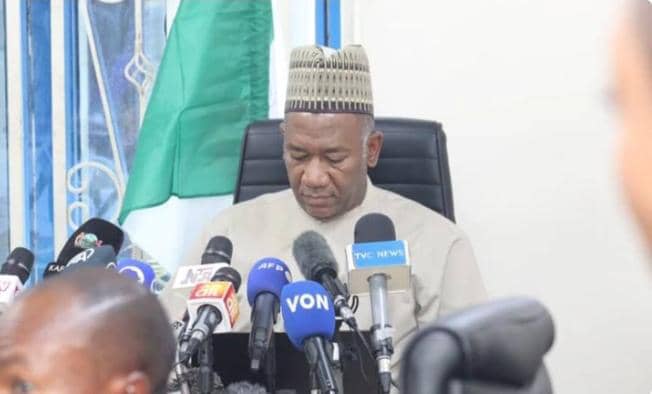Economy
Humanitarian Aid: U.S. announces $27 million for Nigeria

The U.S. Mission in Nigeria announced a $27 million humanitarian aid package aimed at supporting vulnerable populations and combat food insecurity and climate change impacts, on August 20 2024, in Abuja.
This funding is part of a broader $536 million humanitarian aid initiative for sub-Saharan Africa.
U.S. Under Secretary of State for Civilian Security, Democracy, and Human Rights, Uzra Zeya, officially presented the aid package.
The funds will be directed through the State Department’s Bureau of Population, Refugees, and Migration and USAID’s Bureau for Humanitarian Assistance.
This new aid increases the total U.S. humanitarian assistance to sub-Saharan Africa for Fiscal Year 2024 to nearly $3.7 billion.
The assistance is designed to address critical needs in the region, including support for refugees, asylum seekers, internally displaced persons (IDPs), and others affected by conflict.
Focus areas include the Sahel and other regions experiencing severe crises.
The aid will also support efforts to find durable solutions, such as facilitating voluntary returns and integrating refugees.
U.S. Ambassador to Nigeria, Richard Mills, emphasized the significance of this funding, stating it reflects the U.S. commitment to providing life-saving assistance and protection to those most in need.
“This assistance will make a real difference in the lives of vulnerable individuals in Nigeria and across the continent,” Mills remarked.
History of U.S. humanitarian aid to Nigeria
The U.S. has a long history of humanitarian aid to Nigeria, dating back to the early years of its independence.
Over the decades, this aid has evolved to address various challenges, including public health crises, conflicts, and natural disasters.
In recent years, the U.S. has focused its aid on regions in Nigeria severely affected by conflict.
This includes the North East, where the Boko Haram insurgency has displaced millions of people.
The U.S. has consistently been one of the largest donors to Nigeria, providing emergency assistance and support for long-term development projects.
These projects aim to improve health, education, and economic stability.
In 2022, the U.S. provided nearly $104 million in additional humanitarian aid to address the ongoing crisis in Nigeria.
This aid focused on food security, health care, and support for IDPs.
USAID and other U.S. government agencies channeled this aid.
These efforts have significantly alleviated suffering and contributed to peace-building and resilience in conflict-affected areas.
Current humanitarian situation
Nigeria faces severe humanitarian challenges due to North East conflicts, the refugee crisis, and climate change impacts on food security.
Boko Haram and other armed groups have displaced over 2 million people within Nigeria, with many seeking refuge in neighboring countries.
These conflicts have devastated local economies, disrupted agriculture, and worsened food insecurity, leaving millions in need of humanitarian assistance.
In addition to conflict-related crises, Nigeria is grappling with the effects of climate change.
This has led to unpredictable weather patterns, droughts, and flooding, further threatening food production and livelihoods.
The humanitarian situation is compounded by the high levels of poverty and underdevelopment in many parts of the country, particularly in the North East.
The U.S. aid package addresses critical needs, supporting refugees, IDPs, and communities affected by environmental degradation and conflict.
Beneficiary Groups
The primary beneficiaries of this aid will be vulnerable populations in Nigeria, including refugees and asylum seekers.
It will also support internally displaced persons affected by conflict and environmental crises.
The aid will also target communities that are facing severe food insecurity and the impacts of climate change.
The specific regions in Nigeria to be prioritized have not been mentioned.
However, the focus will likely be on the North East, the Sahel region, and other areas with acute humanitarian needs.
This aid aims to provide immediate relief and support long-term solutions, including voluntary returns and integrating displaced persons into host communities.
For Diaspora Digital Media Updates click on Whatsapp, or Telegram. For eyewitness accounts/ reports/ articles, write to: citizenreports@diasporadigitalmedia.com. Follow us on X (Fomerly Twitter) or Facebook












